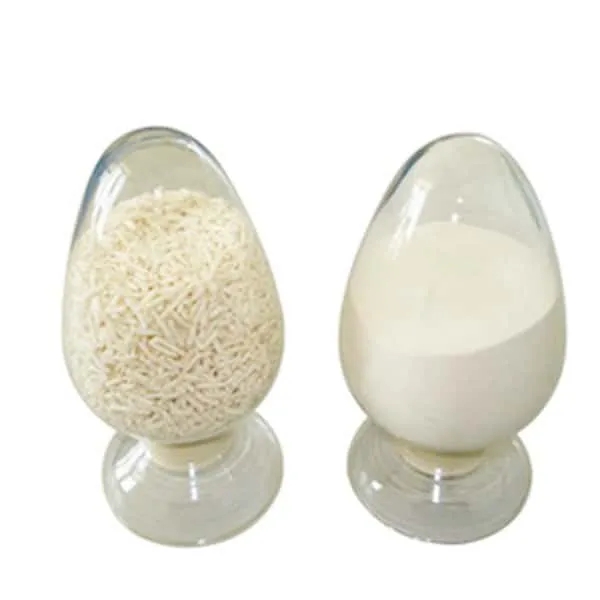Not long ago, Professor Li Yuan's team from the School of Food Science and Nutritional Engineering, China Agricultural University, published a paper entitled "Highly active probiotics delivered by brown polyphenol metal frame microgel of Cynanchum sativum polysaccharides synergistically modulate the enterohepatic axis to alleviate liver injury" in the internationally renowned journal "Advanced Functional Materials".
In this study, a microgel delivery system of brown cactus polysaccharide reinforced with natural polyphenol metal framework structure was constructed, which effectively enhanced the gastrointestinal tolerance and colonisation rate of probiotics, and the natural polyphenol as a prebiotic and cactus polysaccharide promoted the production of short-chain fatty acids, which synergistically regulated the intestinal-hepatic axis to alleviate the acute liver injury and intestinal flora imbalance in mice. The delivery system has been authorised by a Chinese invention patent.
Oral probiotics face great challenges during processing, storage, and gastrointestinal digestion, resulting in low survival rates and seriously affecting their physiological activities. In recent years, natural food polysaccharide hydrogels based on prebiotic properties have broad application prospects for intestinal delivery and protection of probiotics, such as konjac polysaccharide hydrogels (Advanced Functional Materials. 2020,30,2001157).
Fairy grass (Mesona chinensis Benth.), also known as fairy grass and cool powder grass, belongs to the family of Labiatae and is widely distributed in China, India, Vietnam, Indonesia and other Asian countries, and is the main ingredient of Wanglaoji herbal tea. The ancient pharmacopoeia "Chinese Medicinal Plant Illustrated Catalogue" records that Xiancao: treats heatstroke, thirst, high blood pressure, muscle and joint pain. Fairy grass polysaccharide is a dark brown acidic anionic heteropolysaccharide extracted from Fairy grass with excellent gel properties, which is the raw material of Fairy grass herbal jelly, therefore, it is known as herbal grass.
It is found that the brown colour of the extracted polysaccharides is still brown because the polysaccharides and brown polyphenols, organic acids, etc. are bound by non-covalent bonds in the natural state. The brown molecules with weak binding are separated from the polysaccharides by column separation, and the composition and structure of the brown molecules are analysed, and it is found to be a potential probiotic with anti-inflammatory and antioxidant activities. It is a functional raw material that integrates polysaccharide and various antioxidant polyphenol organic acids.
Based on the isolated cactus polysaccharides, brown polyphenols and metal coordination with iron ions, a delivery system was designed for better protection of probiotics. Fairy grass polysaccharides are rich in carboxyl groups, which can coordinate with metal ions to form a polysaccharide microgel, and a natural polyphenol-iron ion framework is formed inside to reinforce the microgel. The microgel is structurally intact under acidic conditions and deconstructs under pH-neutral conditions, responding to the release of encapsulated probiotics, and the bound polysaccharide fragments help probiotics to adhere and colonise the intestinal tract. Fairytale polysaccharide complex microgels are universal for delivery protection of many different types of probiotics.
AKK bacteria are a beneficial intestinal commensal. Brown active small molecules conjugated with Fenugreek polysaccharides were found to significantly increase the abundance of Akkermansia spp. in the intestinal tract, similar to their "precision" prebiotic "food", and also have good anti-inflammatory and antioxidant activities. Therefore, in this paper, a new strategy for oral supplementation of highly active probiotics for disease intervention was designed by embedding AKK bacteria in a composite gel with a cactus polysaccharide polyphenol metal framework. Validated on a drug-induced liver injury model in mice, it was found that the composite microgel-embedded group not only enhanced AKK intestinal viability, but the brown polyphenol prebiotics also significantly promoted AKK intestinal growth and colonisation compared with free AKK and pasteurised AKK. Oral administration of AKK-loaded microgels increased the abundance of beneficial and commensal bacteria, reduced the abundance of harmful bacteria, improved intestinal dysbiosis, and remodelled the intestinal flora. Fairy grass polysaccharides were utilised by probiotics to promote the production of short-chain fatty acids and protect the integrity of the intestinal barrier. Moreover, the brown polyphenol active small molecules and short-chain fatty acids worked together to improve liver function, reduce hepatic oxidative stress, and alleviate inflammatory responses, thereby reducing liver injury.
The results of this study will provide a new idea for the targeted delivery of natural polysaccharide hydrogels in the probiotic gut and lay a theoretical foundation for the development of steady-state formulations of highly viable probiotics. This work was supported by the National Natural Science Foundation of China (NSFC 32172345) and the research fund of China Agricultural University (PC2023B01007).
